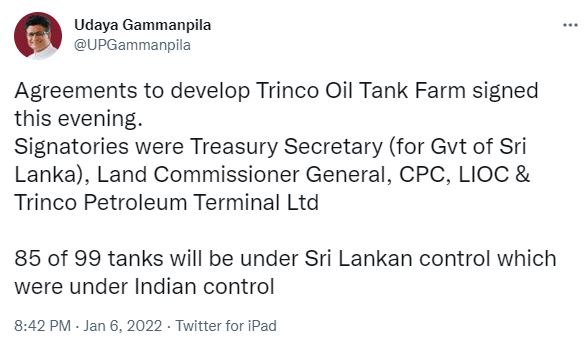News
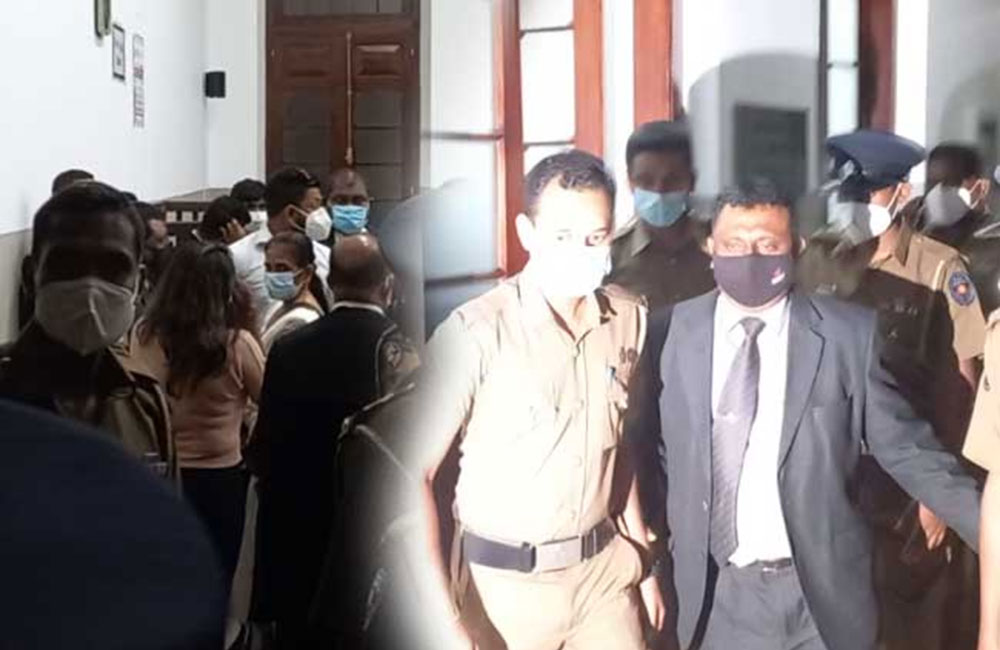
Welikada Prison Riots: Ex-Prisons Commissioner sentenced to death
Former Prisons Commissioner Emil Ranjan Lamahewa was sentenced to death by the Colombo Permanent High Court Trial-at-Bar over the 2021 Welikada Prison Massacre for the charge of murdering 8 prisoners.
Although he was released from four charges, he was found guilty of one charge and was sentenced to death.
Former Inspector Neomla Rangajeewa who was also charged was acquitted and released from all charges.
The case was filed by the Attorney General against former Inspector of Police of the Narcotics Bureau Neomal Rangajeewa, and former Prisons Commissioner Emil Ranjan Lamahewa for the killing of eight prisoners at the Welikada Prison.
A special three-judge bench comprising Justices Gihan Kulatunga, Pradeep Hettiarachchi and Manjula Tilakaratne delivered the verdict.
Indictments were filed on July 4th, 2019 against Neomal Rangajeewa and Emil Ranjan Lamahewa.
Although 27 prisoners were killed in the prison riots on November 9, 2012, evidence was only available on the killing of eight prisoners for the Attorney General to file the case.
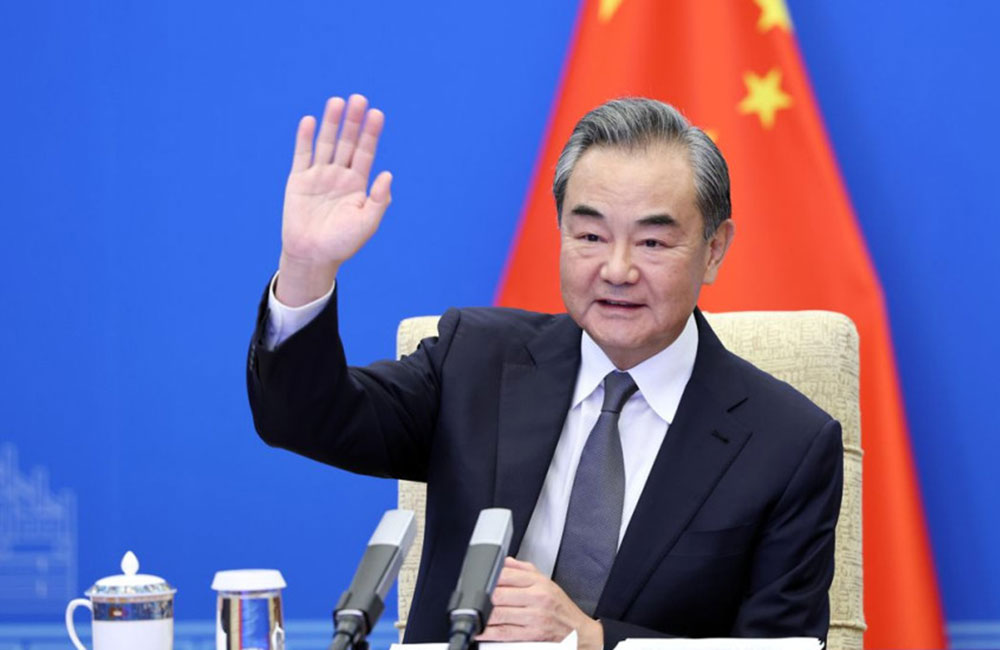
Chinese FM Wang Yi arrives on two-day visit
Chinese foreign minister Wang Yi arrived in Sri Lanka this evening (08) on a two-day official visit.
He is accompanied by an 18-member delegation of officials.
Upon his arrival on board a Chinese carrier flight, minister Yi was accorded a warm welcome by minister Namal Rajapaksa and state minister D.V. Chanaka.
He is due to inaugurate the celebration of the 65th Anniversary of China-Sri Lanka diplomatic relations.
Also, he is expected to present a number of investment proposals.
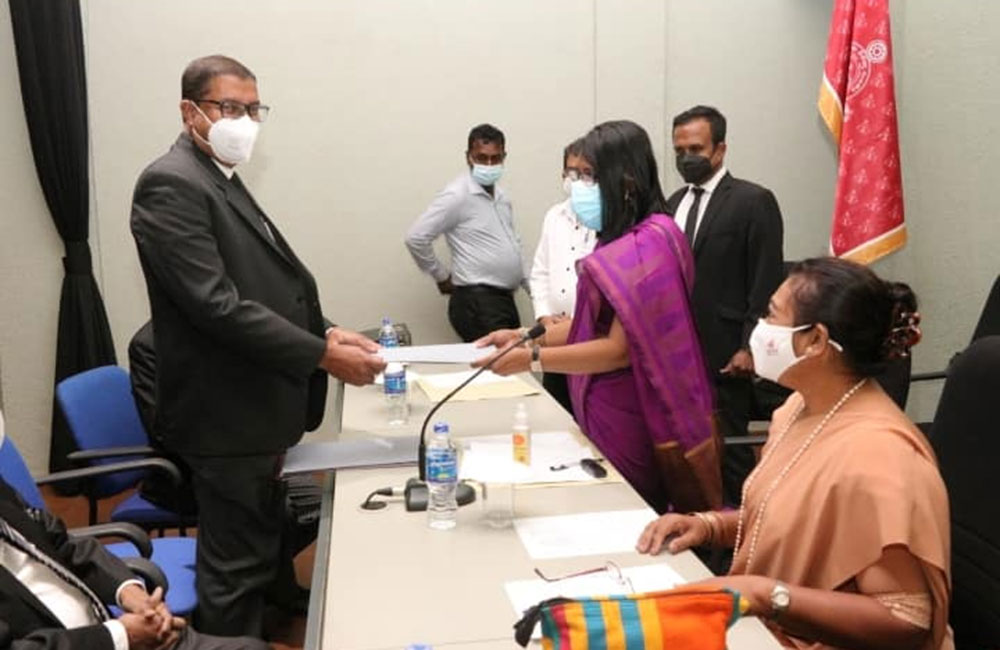
Saliya Pieris re-elected as President of Bar Association of Sri Lanka
President’s Counsel Saliya Pieris has been re-elected as the President of the Bar Association of Sri Lanka (BASL).
Meanwhile Attorney-at-Law Isuru Balapatabendi has been elected as the Secretary of the Bar Association.
They were reportedly elected uncontested for 2022/2023.
Pieris had been elected as the 26th President of the Bar Association of Sri Lanka in February last year.
In a Facebook post, Mr. Pieris said he is grateful to his colleagues at the Bar for electing him uncontested as President for a second term for 2022/2023.
“I will continue to work for a strong and independent Bar. The pandemic brought with it many challenges to our profession and together we can overcome these challenges,” he said.
He also congratulated Mr. Isuru Balapatabendi who was elected uncontested as Secretary of the BASL and said he looks forward to working with him when he assumes office in March 2022.
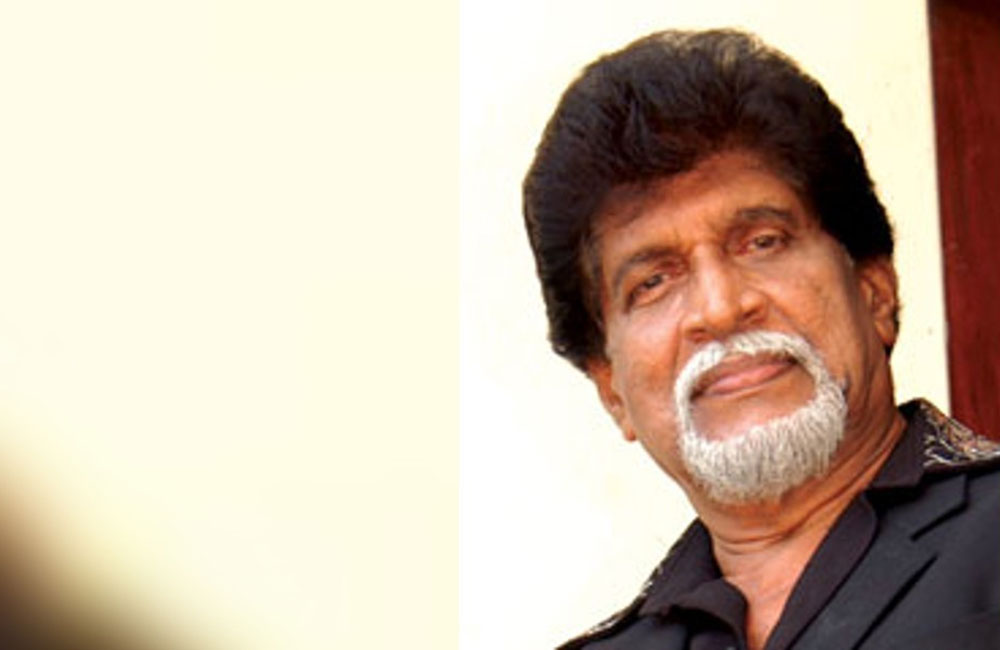
Veteran actor Robin Fernando passes away
Veteran actor Robin Fernando passed away this morning at the age of 84, family sources said.
He had acted in more than 80 Sinhala films since his debut acting in the 1965 film Chandiya. In 1983, Fernando directed his first film Sura Doothiyo, which was based on real life incidents. His last direction came through Ninja Sri Lanka.
He was introduced to film director Titus Thotawatte by Ariyaratne Kahawita.
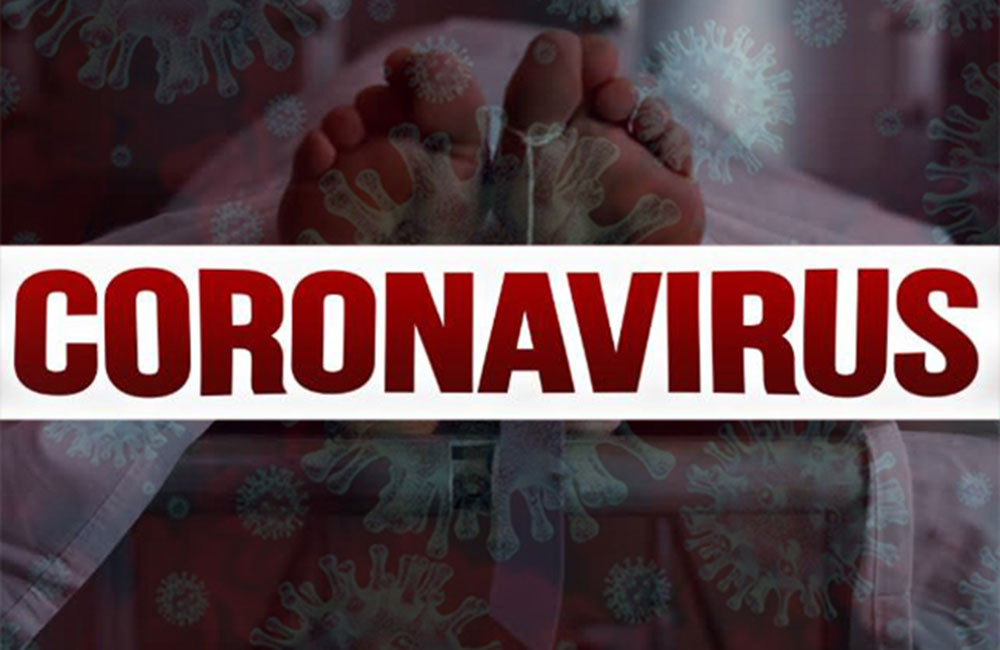
Covid fatalities in sri lanka increases to 15,149
Meanwhile, the Director-General of Health Services has confirmed 15 more coronavirus-related deaths for January 11, increasing the death toll in the country due to the virus pandemic to 15,149.
According to the figures released by the Government Information Department, the deaths reported today include 10 males and 05 females.
Seven of the patients are between the ages of 30-59 years. The remaining 08 are in the age group of 60 years.
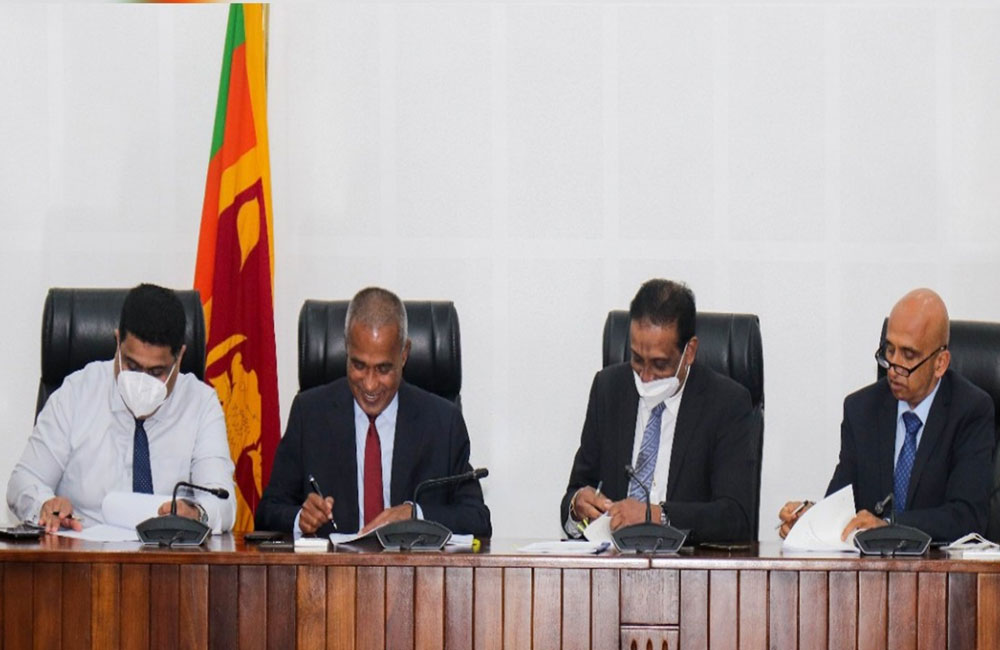
Trinco Oil Tank Farm agreement signed
The agreements to develop Trinco Oil Tank Farm were signed on Thursday (6), said Energy Ministry Udaya Gammanpila.
The Office of the Minister of Energy in a statement late Thursday (6) said that a majority of the tanks at the Trinco Oil Tank Farm which were under Lanka IOC will now be under the Ceylon Petroleum Corporation as a development project.
The statement noted that the agreement signed in 2003 with thus be terminated and the Trincomalee Oil Tank Farm will be leased for a period of 50 years to the following three entities.
-
Ceylon Petroleum Corporation – 24 tanks
-
Trinco Petroleum Terminal – 61 tanks
-
Lanka IOC – 14 tanks
The statement said that 85 of the 99 tanks will be under the control of the Ceylon Petroleum Corporation.
The new agreement will be presented to the Cabinet of Ministers on the 10th of January and will be tabled in parliament on the 18th of January.
The agreement will be available to the public on the 11th of January via the CPC official website.
The Trinco Oil Tank Farm was built in the 1920s by the British who were ruling Sri Lanka at the time.
The Ministry of Energy said that 100 tanks were constructed across an areas of 827 acres and each tank can hold 10,000 MT of fuel.
On the 9th of April 1942 one of the tanks was destroyed in a Japanese Air Raid.
It added that as per article 2(iii) on the letters exchanged by the President of Sri Lanka and the Prime Minister of India on the 29th of July 1987, it was agreed to develop the Trincomalee Oil Tank Farm as a joint venture between Sri Lanka and India.
However, on the 7th of February 2003, an agreement was signed to lease all 99 tanks to Lanka IOC for a period of 35 years.
Yet, Lanka IOC had only made use of 14 tanks while the rest were decaying with time.
The statement went on to note that an agreement was reached to lease all 99 tanks for 99 years through the MOU between Malik Samarawickrema-Sushma Swaraj in 2017.
The Ministry of Energy said that the latest agreement was the result of 16 months of negotiating with India.
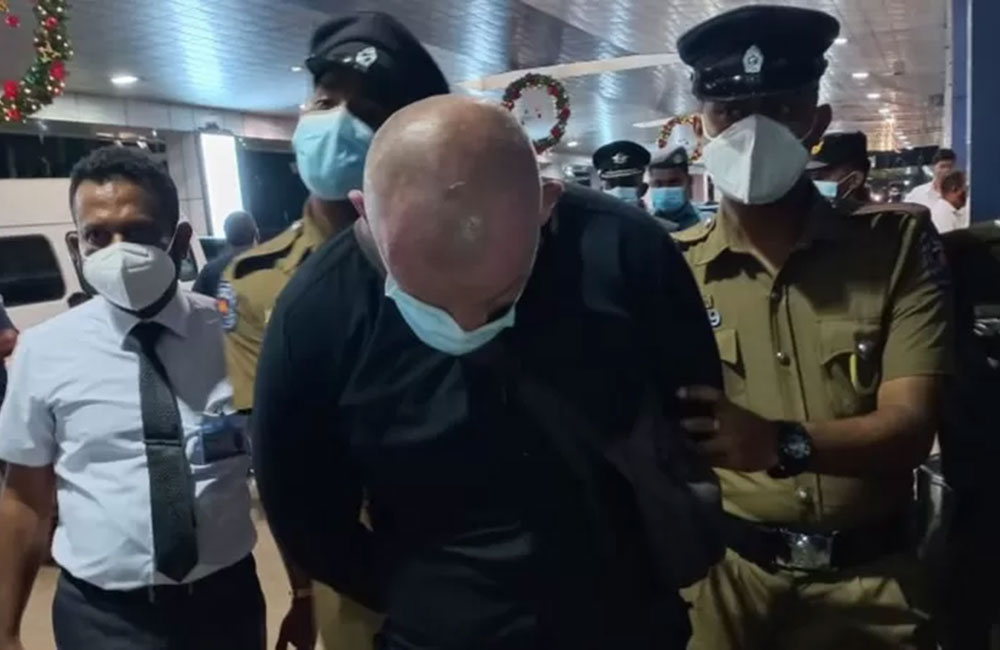
Foreign ‘fugitive’ arrested at airport after escape attempt
A foreign man of unknown identity has been arrested after he tried to escape from the custody of security at the Katunayake airport, police said.
The middle-aged man holding a Seychelles passport, alleged to be a fake, had been in transit to France via Abu Dhabi.
Officials who became suspicious of him had taken him in for questioning this Monday morning (10).
As he had been under interrogation in a room, the man had run out and entered the departure lounge, where he climbed onto a roof.
After much effort, airport security, with the support of the air force and police, managed to capture him.
Authorities believe him to be a fugitive.

Covid fatalities in sri lanka increases to 15,083
The Director-General of Health Services has confirmed 18 more coronavirus-related deaths for January 04, increasing the death toll in the country due to the virus pandemic to 15,083
According to the figures released by the Government Information Department, the deaths reported today include 12 males and 06 females.
Five of the patients are between the ages of 30-59 years. The remaining 13 are in the age group of 60 years
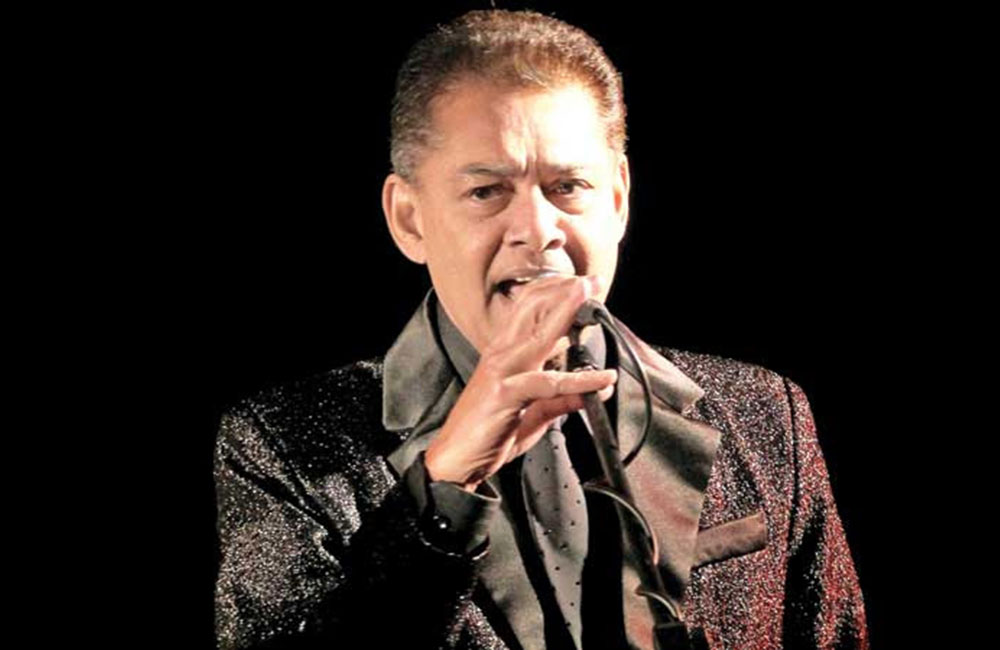
Veteran singer Desmond De Silva passes away
Legendary singer Desmond De Silva has passed away in Australia.
He was of age 77 at the time of his death.
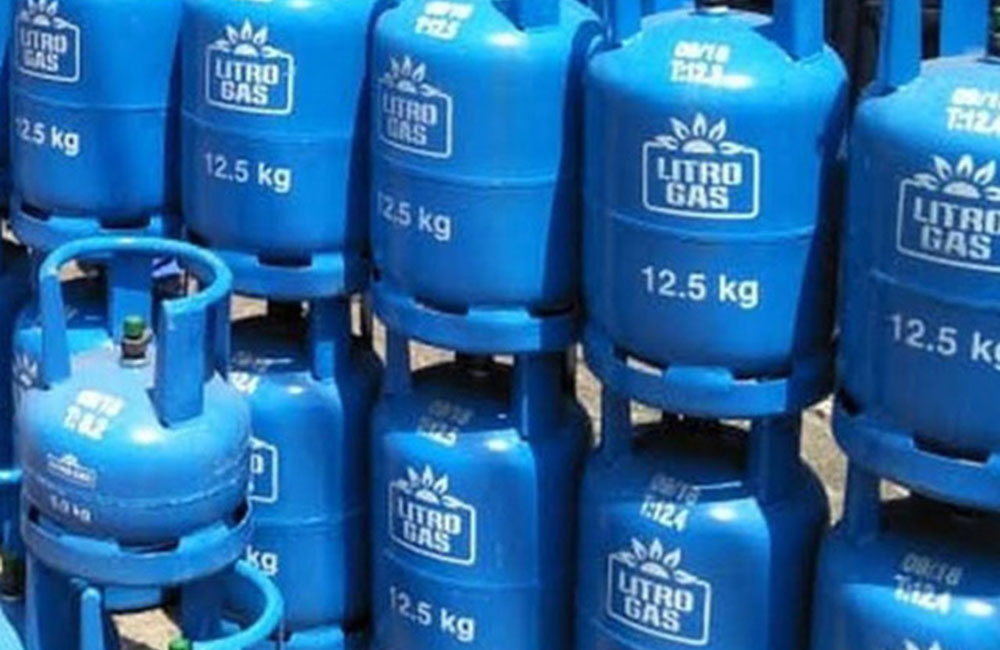
Immediate steps to address LP gas shortage – Litro Gas
Litro Gas Lanka Limited has decided to streamline the manufacturing of domestic and commercial gas cylinders and has already taken steps to increase its manufacturing capacity, Litro Gas Lanka Senior Manager, Chamani Herath Pathirage said.
While issuing a notice, she said that they have already released 220,000 cylinders to the market over the last two days.
Meanwhile, the company has taken measures to provide a maximum of 90,000 to 100,000 LP gas cylinders to the local market daily, the Senior Manager said.
She said that with the fast issuing of the stock, the gas shortage in the market would be fulfilled in a short period of time.
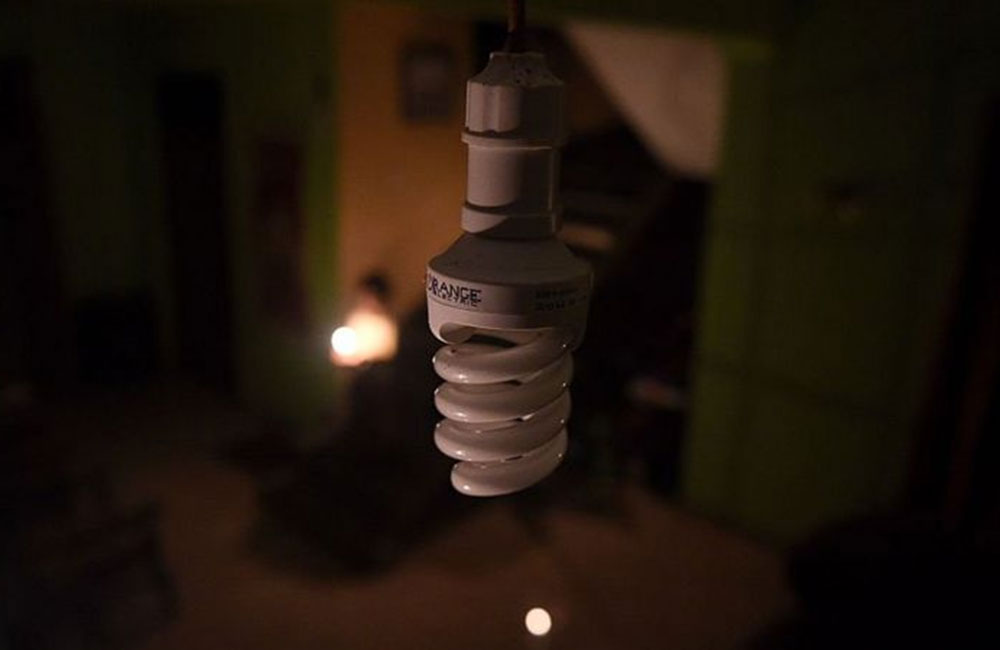
Permission granted for power outages from Monday (10)
The Public Utilities Commission of Sri Lanka says that approval will be granted for scheduled power outages from Monday (10).
Its Chairman, Janaka Rathnayake stated that power cuts lasting for one to two hours will take place from Monday (10).
He stated that the relevant permission was granted for this after the Ceylon Electricity Board requested for it.
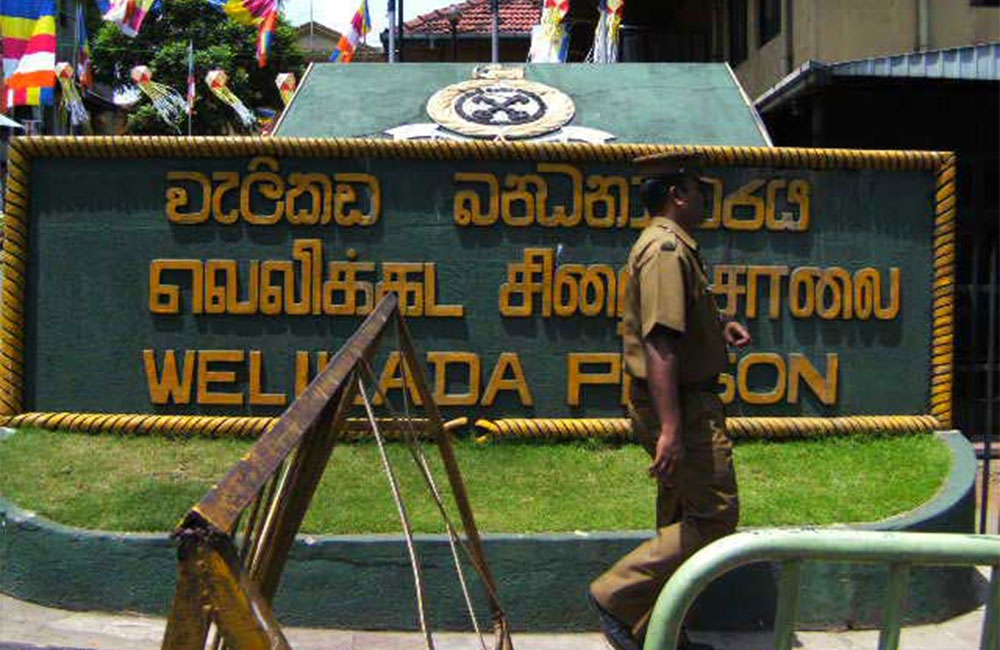
Welikada prison riot case judgement deferred
The judgement has been deferred until 12 January in the case pertaining to the riot at Welikada Prison.
The Colombo High Court trial-at-bar today (06) took the decision in the case on the killing of 27 inmates and injuring more than 30 others on 09 November 2012.
The three accused includes former superintendent of the prison Emil Ranjan Lamahewa.
Page 325 of 660
